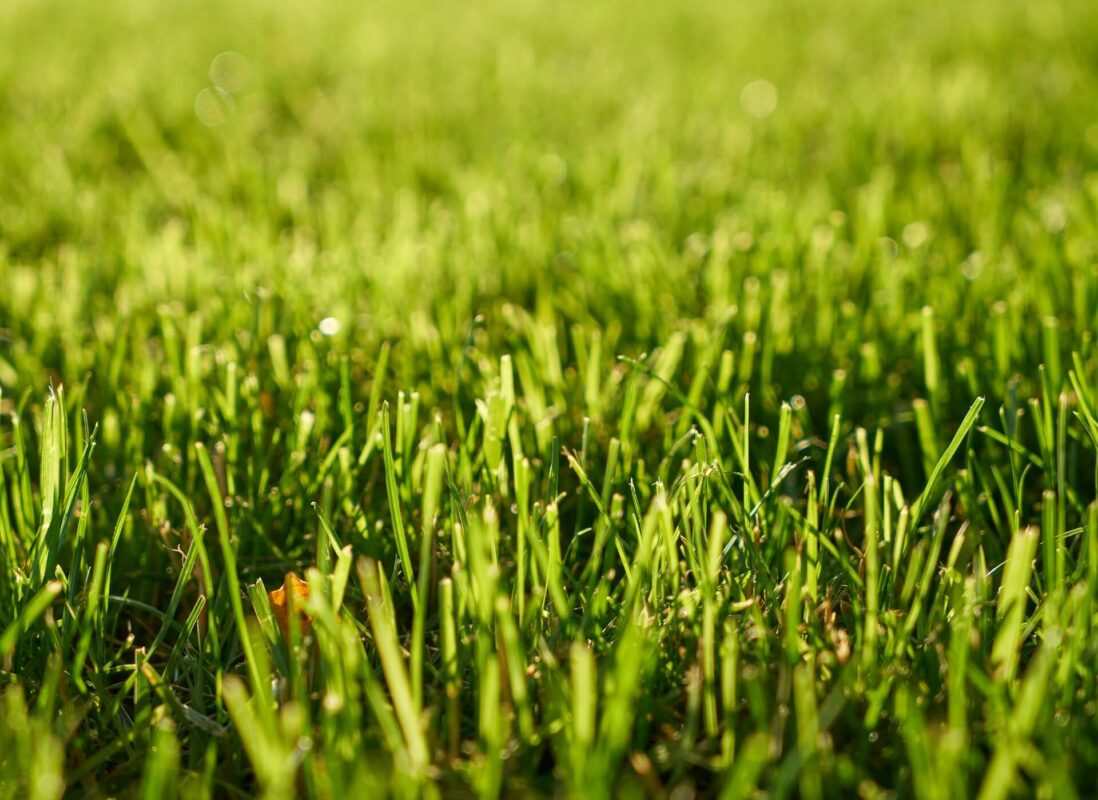So if you want to grow an attractive lawn with tough and adaptable grass, perennial ryegrass is worth considering.
Filter by region
Seed Type
Filter by color
Life Form
Native
Shade/Sun
Uses
Top rated products
-
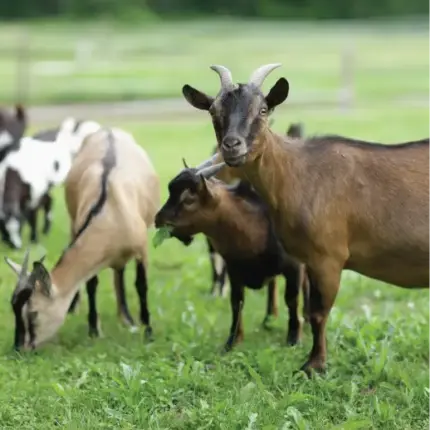 Goat Pasture & Forage Mix - Transitional
$49.99 – $209.99Price range: $49.99 through $209.99
Goat Pasture & Forage Mix - Transitional
$49.99 – $209.99Price range: $49.99 through $209.99
-
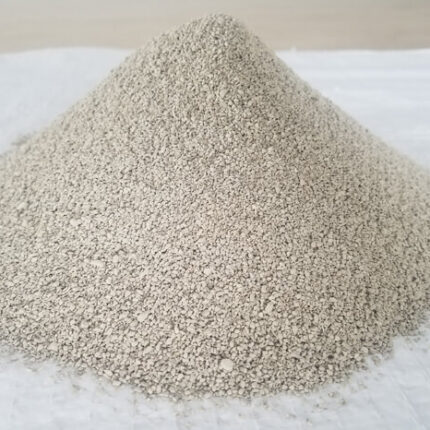 Am 120 Standard Mycorrhizal Inoculant
$74.99
Am 120 Standard Mycorrhizal Inoculant
$74.99
-
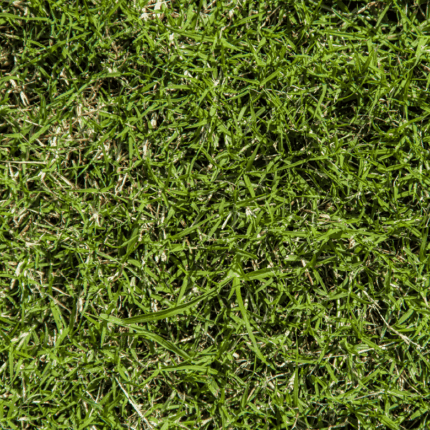 Triblade Elite Bermudagrass Lawn Mix
$119.99 – $499.99Price range: $119.99 through $499.99
Triblade Elite Bermudagrass Lawn Mix
$119.99 – $499.99Price range: $119.99 through $499.99
Showing the single result
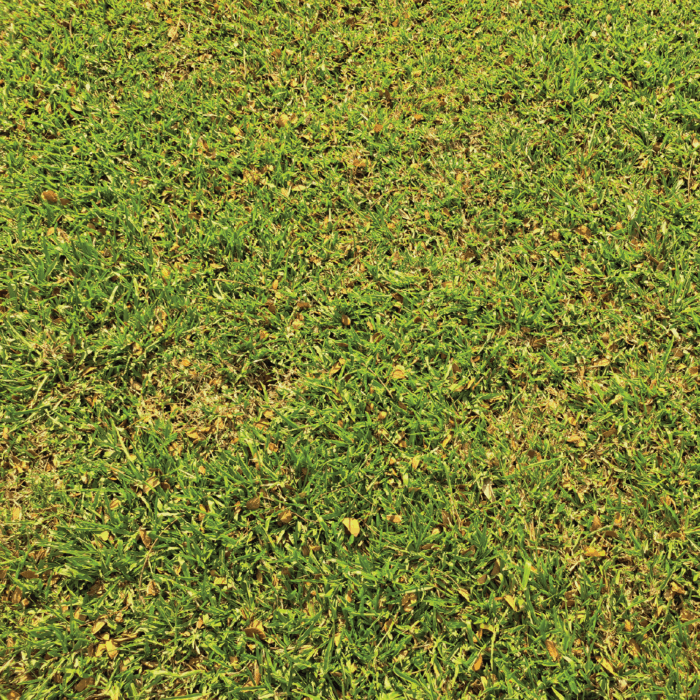
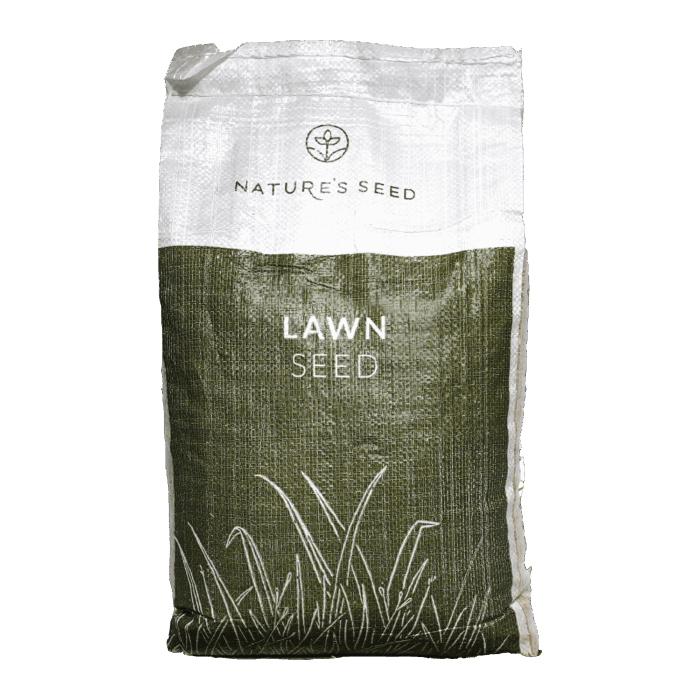
Perennial Ryegrass Fast-Growing Lawn Mix
(4.7) - 145 reviews
$49.99
5 Lb - 1,000 Sq. FtSports Turf; Quick Cover & Overseeding; Cool-Season Region; Irrigated Landscapes
Northern USDA Regions (3-5), Transitional USDA Regions (6-8)
Perennial Ryegrass
Rye Grass
Reason #1: Perennial Ryegrass Helps With Weed Prevention
Weeds are one thing that every property owner wants to avoid. They compete with healthy grass for air, water, and nutrients. Plus, they’re an unattractive sight on an otherwise well-manicured lawn!
Ryegrass is one of the fastest-growing grass species. It has deep, fibrous roots that successfully choke out most weeds, including some of the most common types in the United States, like duckweed and crabgrass.
Fibrous Roots
Perennial rye can get rid of weeds so effortlessly because it’s allelopathic. Allelopathic plants contain a chemical that naturally destroys weeds and plants that grow in the same soil.
The allelochemicals are distributed into the earth by the living plant roots or dropped into the ground via rain or residue. Once in the soil, they stunt growth, damage roots, and kill unwanted weeds.
So if your lawn has its fair share of weeds, you’ll want an allelopathic grass such as perennial ryegrass to help with elimination.
Reason #2: Perennial Ryegrass Improves Soil Conditions
Because of its deeper root growth (the roots can reach three to four feet!), perennial ryegrass can push through the densest layer of soil, the hardpan layer, which sits about 16 inches below the surface.
Normally, the hardpan layer can be problematic because it’s so rocky and dense. The thick, hard consistency usually stops other plants from growing to their full potential.
It also prevents internal drainage of the soil, causing the space between the soil particles that would otherwise fill with air to fill with water. Poor soil drainage can lead to root rot and dying plants.
But perennial ryegrass can reach through this hard layer and break up the dense clay-like soils to allow for better aeration and water infiltration, enhanced water-holding capacity, and improved irrigation efficiency within the ground.
In other words, deeper roots equal healthier soil!
Reason #3: Perennial Ryegrass Prevents Erosion
Perennial ryegrass has a robust root system that reaches deep depths and stays shallow, keeping the fertile topsoil stable so it can’t be washed or blown away.
This loss of fertile topsoil is called soil erosion, a global phenomenon that occurs when strong winds or water displace soil. And, it’s a major problem.
Because of soil erosion, we lose 24 billion tonnes of fertile land in the United States every year. Erosion is a significant threat to the world’s farmlands: The more fertile soil that gets displaced, the less land there is to grow food crops, which means less food for everybody.
Studies have found that ryegrass slopes reduce soil erosion by 64 to 93% and the sediment transport rate by 81 to 96%. Ryegrass acts as a barrier for sensitive topsoil by protecting it against wind and rain, the most common culprits of soil erosion and sediment displacement.
Your Lawn
Is It Right You?

Perennial ryegrass is one of the most popular turfgrasses in the country. It can grow just about anywhere and offers fast germination. With a bright green color and medium-coarse blades that are ideal for high-traffic areas, it’s excellent for most home lawns.
But before you make any decisions, do some research first to ensure this grass seed is a good fit for your lawn. Perennial ryegrass might work well on your property if:
- You have a lot of foot traffic from children and pets (also perfect for athletic fields and golf courses)
- You receive frequent rain or have a sprinkler system
- Your lawn is partially shady or has full sun
- You need a turfgrass that can help with weed control
However, perennial ryegrass might not thrive on your lawn if:
- You want to blend it with other grasses since it stunts other species
- You want low water-maintenance
- You have a full-sun yard (unless you have a sprinkler system)
- You don’t want to treat your lawn for bacteria and viruses
Growth Habit and Conditions for Perennial Ryegrass Seed
| Soil Type |
Seeding Rate |
Planting Depth | Planting Date | Shade & Sun Tolerance | Drought Tolerance | Disease & Pest Tolerance |
|---|---|---|---|---|---|---|
| A pH of 5.5 to 7.5; prefers well-drained loam or sandy loam soils but establishes in many soil types, including rocky and poor soils | 10 lbs/1000ft² | When planting with a drill, the ideal seeding depth is ¼ inch or less; do not exceed ½ inch | Early fall because it is a cool-season grass, and you will see growth in early spring to late spring | Prefers full sun but will brown without enough watering; it can do well in partial shade as long as it gets 4-5 hours of sun daily | Little tolerance to drought because the seeds require 1 inch of water every 10 to 14 days in the North and once a week in the South | Perennial rye is highly resistant to common diseases such as crown, leaf, and stem rust; also immune to many weed killers |
Perennial
What’s the Difference Between Annual Ryegrass and Perennial Ryegrass?
Growth
Annual ryegrass is one of the cool-season grasses that can only be planted in northern states above the transition zone. It won’t survive well in southern lawns or areas with sweltering temperatures.
Perennial ryegrass can grow just about anywhere in the United States, including the South, and it’s considered one of the most versatile species available.
Lifespan
Annual ryegrass has a short lifespan and must be seeded every year in the fall or the spring. Perennial ryegrass has a long lifespan and only needs to be planted once to come back every year in permanent lawns.
Presence
Annual ryegrass is an excellent species for overseeding and does reasonably well with other grass species. In fact, annual ryegrass is a non-aggressive cool-season grass that puts nutrients back into the soil, which aids other plants.
On the other hand, perennial ryegrass is famous for choking out weeds and other competing grasses, so experts recommend only buying premade seed blends or mixing perennial ryegrass with nonsusceptible species like Kentucky bluegrass and fine fescue or tall fescue.
Guaranteed High-Quality Perennial Ryegrass with Nature’s Seed
There's no question as to why perennial ryegrass is one of the most popular grass types and seed blends in the United States. Many homeowners plant this hardy cool-season grass for soil improvement, erosion control, and eliminating stubborn weeds.
Perennial ryegrass also has excellent wear resistance — it maintains a bright green color even in high-traffic areas like athletic fields. This trait is a must-have for households with children, sports fields, or golf courses.
As experts in all-things turfgrass, Nature’s Seed has premium-quality perennial ryegrass available to help you achieve a beautiful, healthy lawn. Explore our perennial ryegrass blends and choose the best one for your lawn, or shop our full range of lawn seeds, wildflower seeds, and more.
